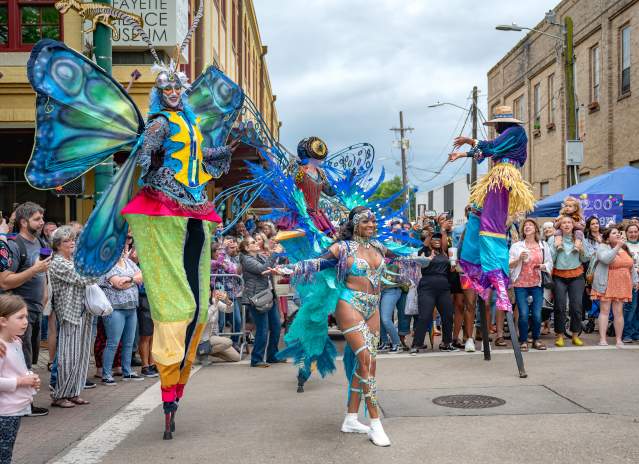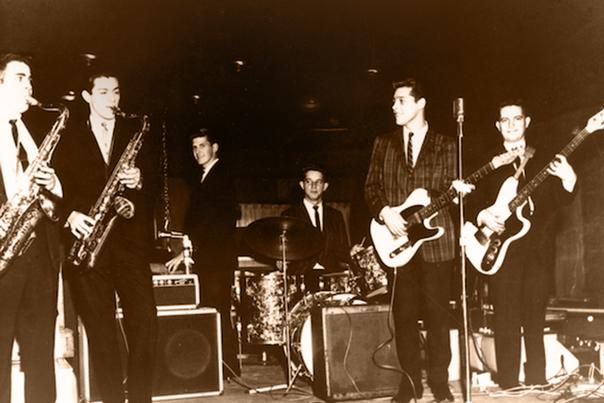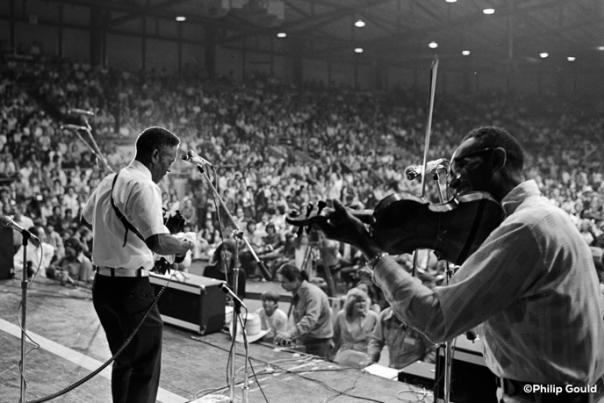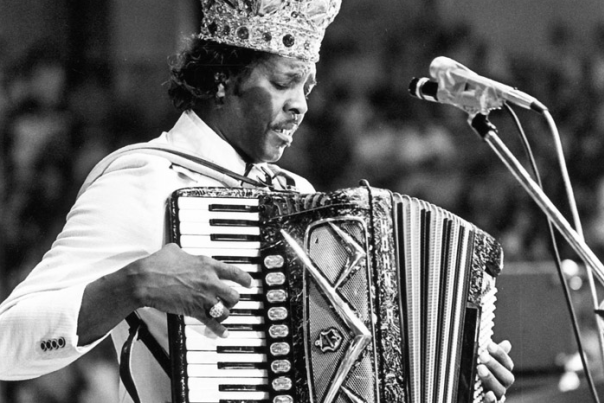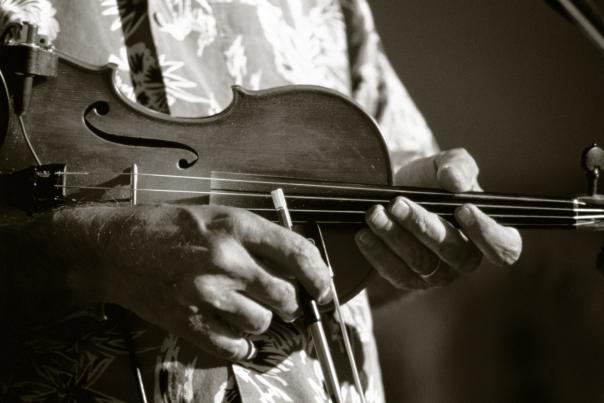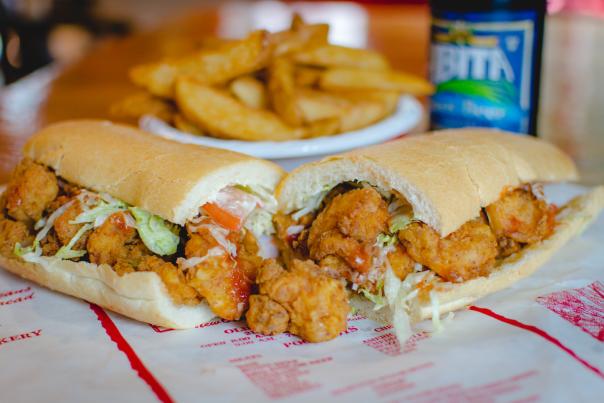I’m a Louisiana-born and based writer and teacher.
My most recent book, out September 2022, is Brown Pelican, a human history of the very best bird.
I’ve penned three earlier books. The Drive-By Truckers' Southern Rock Opera, #133 in Bloomsbury's 33 1/3 series, about a road trip based on a recent classic album about a road trip. The One True Barbecue: Fire, Smoke, and the Pitmasters Who Cook the Whole Hog, a personal/historical reflection on race, labor, and foodways in the Deep South, came out in 2016 from Simon & Schuster's Touchstone imprint. My first book, Imagining the Creole City, an intellectual and literary study of a circle of writers in nineteenth-century New Orleans, arrived in 2014.
I've written for Time Magazine, The Wall Street Journal, Oxford American, Garden & Gun, Men's Journal, The A.V. Club, Pacific Standard, Southern Living, Saveur, The Local Palate, and many other print and online publications. I write the Lost Lit column for 64 Parishes, Louisiana’s official arts and culture quarterly magazine.
In addition to the freelance life, I’ve carved out a small niche in the teaching world. I am currently a Visiting Professor of History at Tulane University, and hold a PhD in History from Tulane and an MA from the New School for Social Research. I have taught courses at the University of Mississippi, Loyola University (New Orleans), and Bard Early College New Orleans, and have taught yoga classes at two juvenile jails in the New Orleans area, in addition to a reentry program for formerly incarcerated teens.
I call New Orleans home, and live part-time in a 100-plus-year-old church in St. Martinville, Louisiana.
